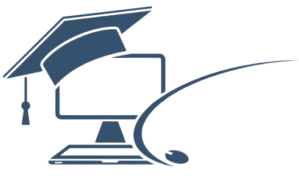How I Navigate the Classroom as a Neurodivergent Teacher
In the bustling canvas of education, I am an artist navigating the classroom with a distinctive perspective. As a neurodivergent teacher, I approach my daily lessons with the vibrant brushstrokes of accommodations and assistive technologies.
Sensory sensitivities transform into a kaleidoscope of textures and sounds, guiding my students towards a safe and inclusive space. Executive functioning challenges are met with a tailored easel of strategies, empowering learners to unravel the complexities of organization. Communication becomes a fluid dance between words and actions, bridging the gaps between diverse minds.
Through this journey, I embrace my neurodivergence as a symphony of unique strengths and perspectives, shaping the classroom into a mosaic where every learner’s individuality is celebrated.
